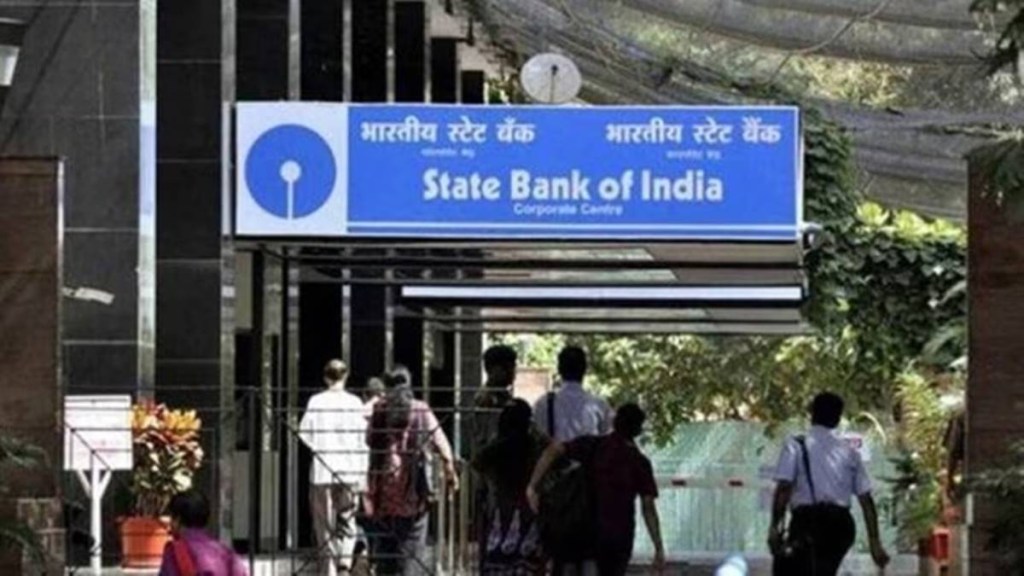State Bank of India (SBI) has requested the Reserve Bank of India (RBI) to lower the cash reserve ratio (CRR) requirement for green deposits, Chairman Dinesh Khara said at an event on Friday.
“We have asked (the regulator) for a reduction in CRR for green deposits and second, if at all as a policy it can be incorporated,” Khara said, adding that there has been an early beginning from the regulator’s side also but maybe it will take 2-3 years to start having an impact on the pricing too.
CRR is the percentage of a bank’s deposits that must be kept with the central bank at zero interest rate. Currently, banks’ deposits attract a CRR rate of 4.50%.
Anil Gupta, senior vice-president and co-group head of financial sector ratings at ICRA, said that any exemption given on CRR for green deposits by the regulator could result in saving of interest cost for the bank, which can then be shared with borrowers in form of higher deposit rates or lower lending rates.
Further, Khara said that banks may see challenges on net interest margin (NIM) front going ahead as lenders are not being able to mobilise deposits at the rate they did during Covid-19 period. SBI’s NIM moderated by 28 basis points (bps) on year and 7 bps sequentially to 3.22% in the December quarter.
Global financial market sentiments have been fluctuating, Khara said, with changing views about an early pivot by central banks in advanced economies. While the likelihood of interest rate cuts has spurred rallies in equity markets, the uncertainty about timing of rate reduction is getting reflected in bi-directional movement in US dollar and sovereign bond yield.
Likewise in emerging market economies too, there are challenges related to currency fluctuations amid volatile capital flows. Despite all uncertainties, Indian economy and domestic financial system has demonstrated resilience, he said, led by strong macro conditions and healthy balance sheet of financial institutions, among other factors.
Khara, however, cautioned about some of the failures in advanced economies’ banking institutions, highlighting the need to conduct prudent asset liability management and risk management practices. “Undertaking periodic stress test, and building up capital buffers, probably holds key for ensuring system remains resilient in days to come,” he added.
He also said that geo-politics has emerged as a key risk factor for all businesses including banks with ongoing wars between between Russia and Ukraine and fight between Israel and Hamas becoming intense by the day.
“Geo political tensions could lead to financial instability through two key channels—first is directly via financial channels triggered by restrictions placed on capital flows and payments, or indirectly through increase in uncertainty and investors’ risk aversion towards future restrictions as there is escalation of conflict,” he said.
